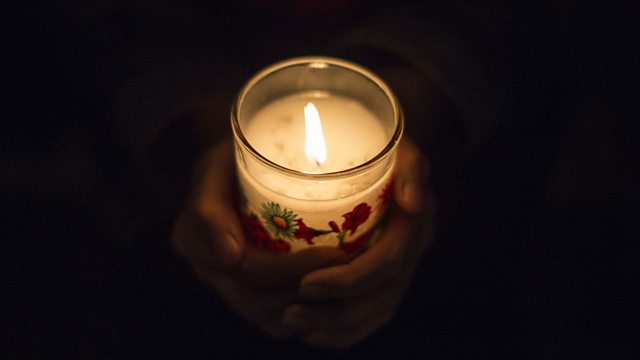Akhandadhi Das - 25/06/2025
Thought for the Day
Yesterday, perhaps like many of you, I listened with relief and some surprise that both Israel and Iran planned to cease hostilities. This certainly felt welcome after the real danger of escalation. However, the ceasefire didn’t seem to last until the end of the Today programme; is the so-called “12-day war” was actually “over?
If it holds, is it just a diplomatic pause; or the potential for lasting concord between two adversaries deeply suspicious of each other’s intentions. After the attack on their nuclear facilties, Iran’s foreign minister, Seyed Abbas Araghchi stated in defiance: We can rebuild them, because the knowledge is there…technology….cannot be destroyed by bombs.”
This is a challenging truth about knowledge – there is no way to put the genie back in the bottle. Despite its limitations, the Nuclear Proliferation Treaty has at least slowed the spawning of nuclear-armed countries eager for that status and deterrent power.
This reflects a key idea in Hinduism – karma, that the information of our activities is never lost. As explained in the Upanisads: Our actions inform who we are and who we become. They define the context of our life and our relationships – both individually and collectively. There will be no way to move forward within the Middle East – and in the other flashpoints of the world – without addressing the context that past actions have created for us today. And to reflect that, however well intentioned, our current actions might further exacerbate the context and legacy faced by future generations.
Information of our past actions persists in our minds. It influences our hopes, fears, motivations, outlook, and prejudices. It is imbedded in our history, our traditions and the dreams we create for our families, communities and countries. As the Mahabharat says: “Even if an action is long forgotten by the doer, its effect and future impact linger like fire nascent in wood.”
President Trump encouraged Iran and Israel to keep to the road of truth and righteousness and gain “Love, Peace and Prosperity” for their nations. That’s a lofty aspiration. But, in some ways, it reflects the Gita’s proposition for building lasting peace. The Gita calls each of us to see beyond our immediate circle of interest by recognizing the ultimate unity that binds us all with equal status; equally deserving of security, dignity and happiness. It is such broad-minded consciousness that nurtures inner peace, says the Gita, and it creates a new context for our hopes of achieving real peace and prosperity.
Duration:
This clip is from
More clips from Thought for the Day
-
![]()
Rt Rev Nick Baines - 24/10/2025
Duration: 02:50
-
![]()
Rev Dr Michael Banner - 23/10/2025
Duration: 03:05
-
![]()
Rev Canon Dr Jennifer Smith - 22/10/2025
Duration: 03:02
-
![]()
Akhandadhi Das - 21/10/2025
Duration: 03:05






